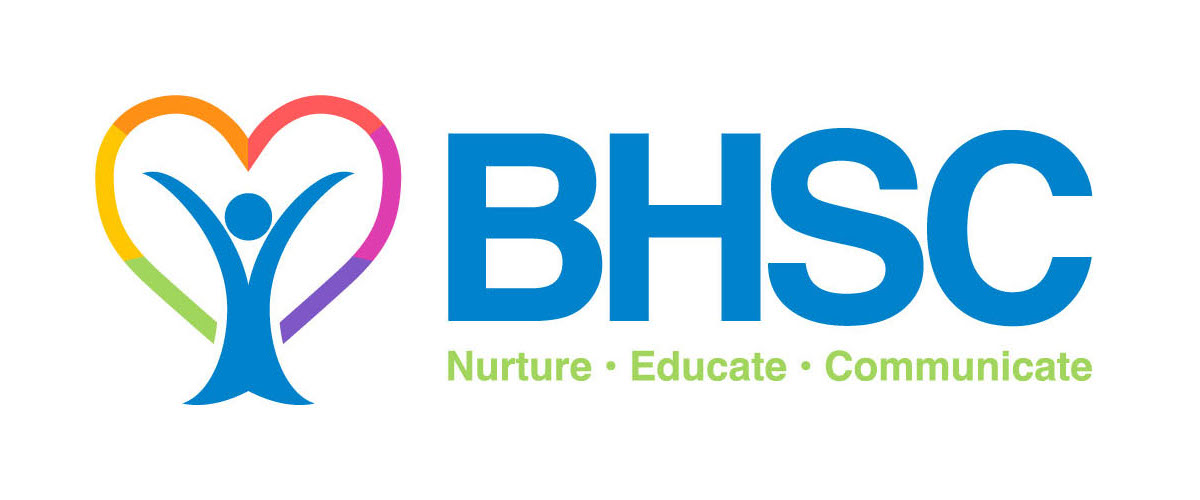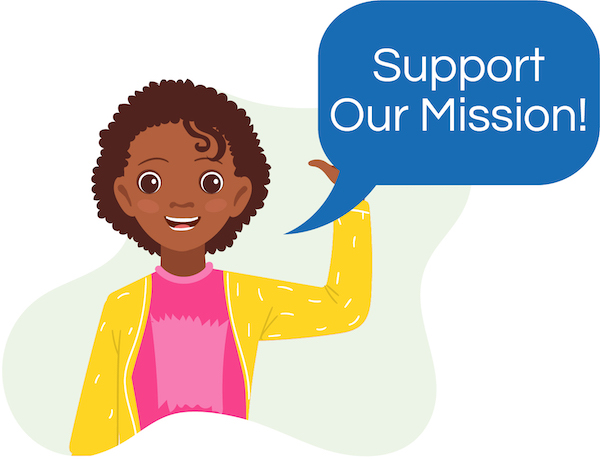If you’re anything like me, you know what it feels like to wake up and have one of those days where you look in the mirror and you don’t like what you see, you get dressed and you don’t like how your hair looks no matter how many times or ways you style it, you go to work and feel like you are the most incompetent person in your work group, you get home and feel that nobody appreciates you, you think you are a god awful parent…and on and on. We all have such moments (sometimes days) of self-doubt.
Luckily these are in most cases fleeting feelings that are overcome by our stronger self-identification with a healthy positive and balanced self-concept. It all has to do with our self-esteem. As a parent you must be concerned with how your child’s self-esteem is being nurtured as it will provide the foundation upon which as an adult your child’s self-evaluation and goal direction will be built upon.
If you were to look up self-esteem in the dictionary you might see variations of this definition: a confidence and satisfaction in oneself. The definition seems pretty straight forward yet these evaluations and acknowledgement of one’s self are a determinant playing a role in everything from achievement- to having positive healthy feelings and self-respect- to relationship building- and to framing an outlook on life- just to name a few things impacted by your self-esteem.
Today you can read arguments that our children have too much self-esteem and not enough reality based thinking. Much of that thinking comes from the cultural change over the past 30 years that has children competing in “no lose-everybody’s a winner” sport and academic environments. While those arguments against such thinking should give us pause to contemplate about what is realistically good for children to experience as they grow and mature, the problem resides in throwing out the “baby with the bath water” and actually creating situations that diminish a child’s self-esteem in the name of reality testing.
Possessing little self-regard can lead people to become depressed, to fall short of their potential, or to tolerate abusive situations and relationships. Too much self-love, on the other hand, results in an off-putting sense of entitlement and an inability to learn from failures (it can begin to look like a narcissistic personality).
Healthy self-esteem is like a child’s armor against the challenges of the world. Children who know their strengths and weaknesses and feel good about themselves seem to have an easier time handling conflicts and resisting negative pressures. They tend to smile more readily and enjoy life. These kids are realistic and generally optimistic.
In contrast, children with low self-esteem can find challenges to be sources of major anxiety and frustration. Those who think poorly of themselves have a hard time finding solutions to problems. If given to self-critical thoughts such as “I’m no good” or “I can’t do anything right,” they may become passive, withdrawn, or depressed. Faced with a new challenge, their immediate response might be “I can’t
Parents and teachers are the general contractors of building child self-esteem. Studies have long linked positive self-esteem to better grades, higher goal attainment and generally positive outlooks on life. While we are helping children discover their strengths we need to support them in understanding what their challenges are, how to lose graciously and without devastating depression over losing, and how to constantly reach higher to challenge themselves to achieve greater heights in all that they set out to do.
As parents and teachers we must be cognizant and concerned about helping our children foster healthy, positive self-esteem. But, the more important underpinning message should be that to gain anything in life- hard work, perseverance, picking yourself up after falling and try, try, trying again until you accomplish what you set out to do is what will make for healthy and happy children who have realistic self-concepts about their abilities and challenges.
Be well, joe cozzo




